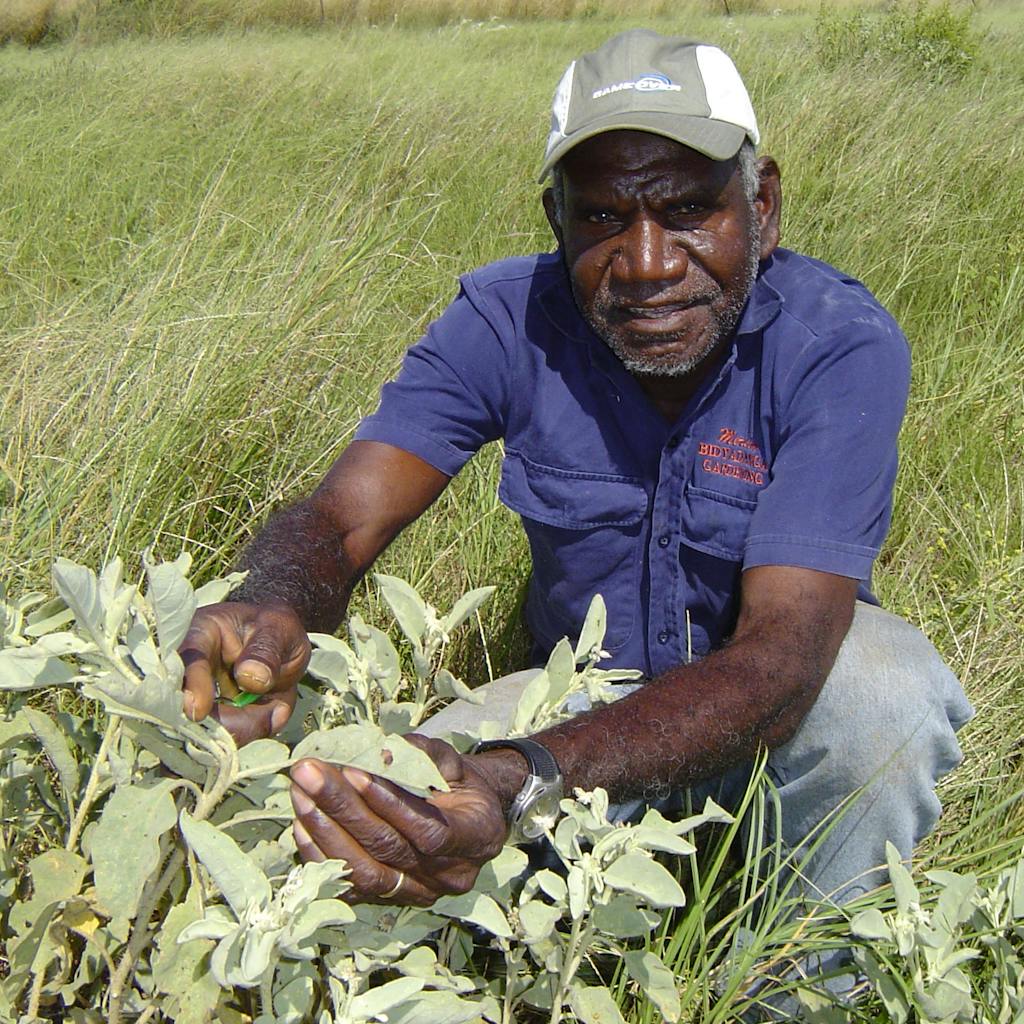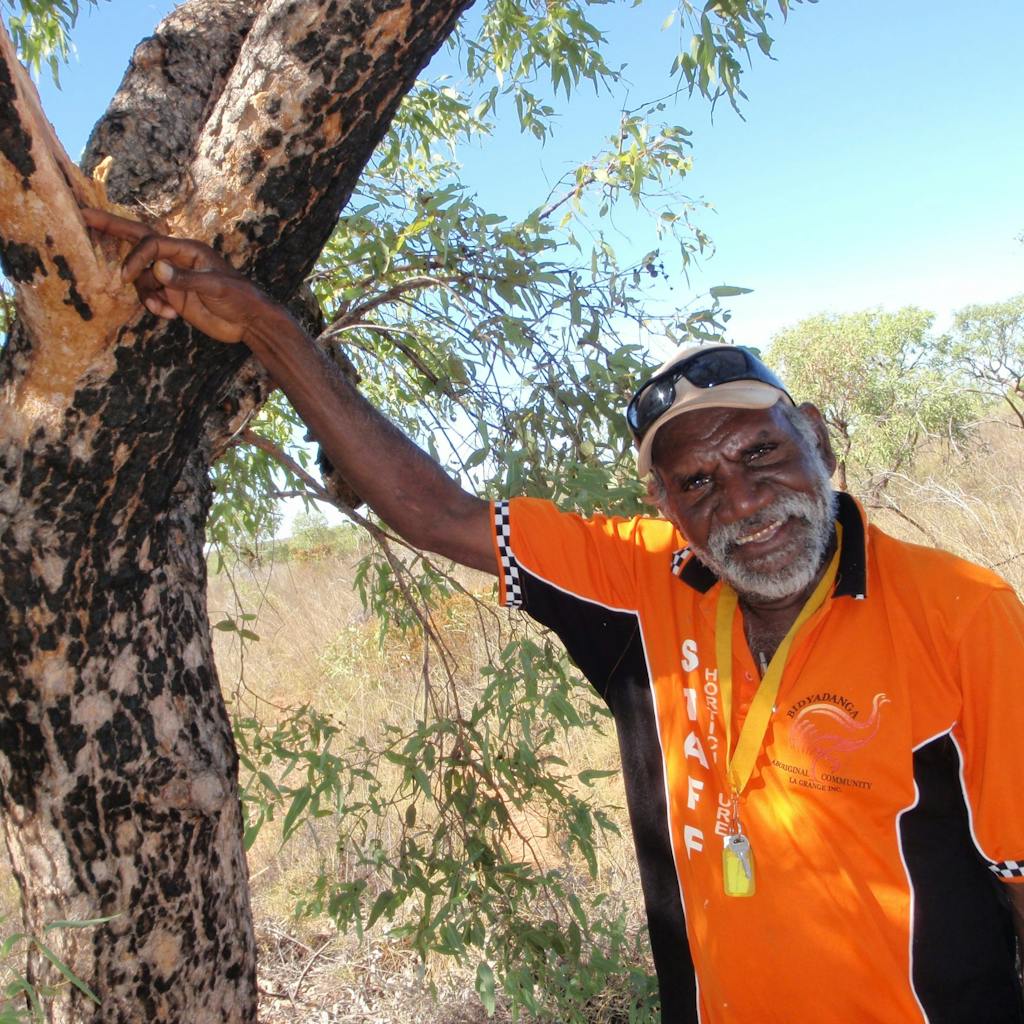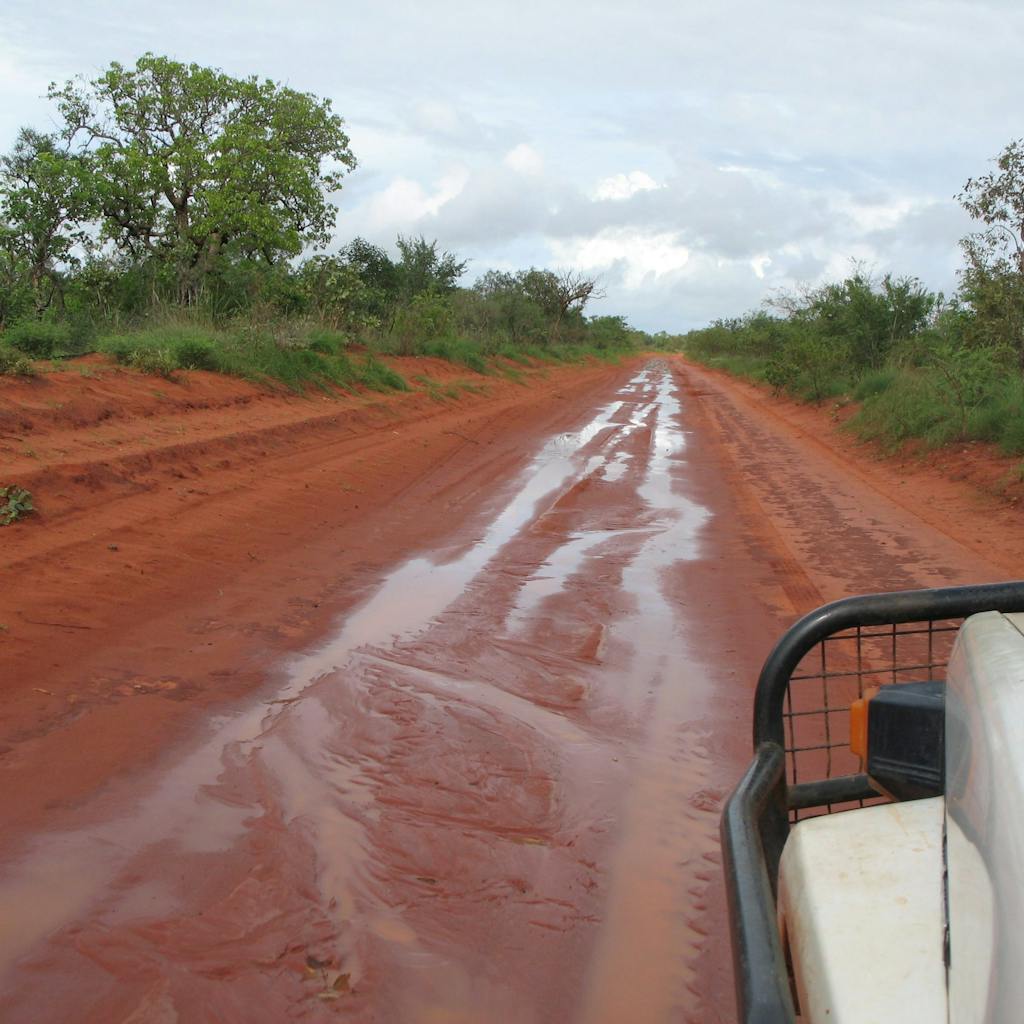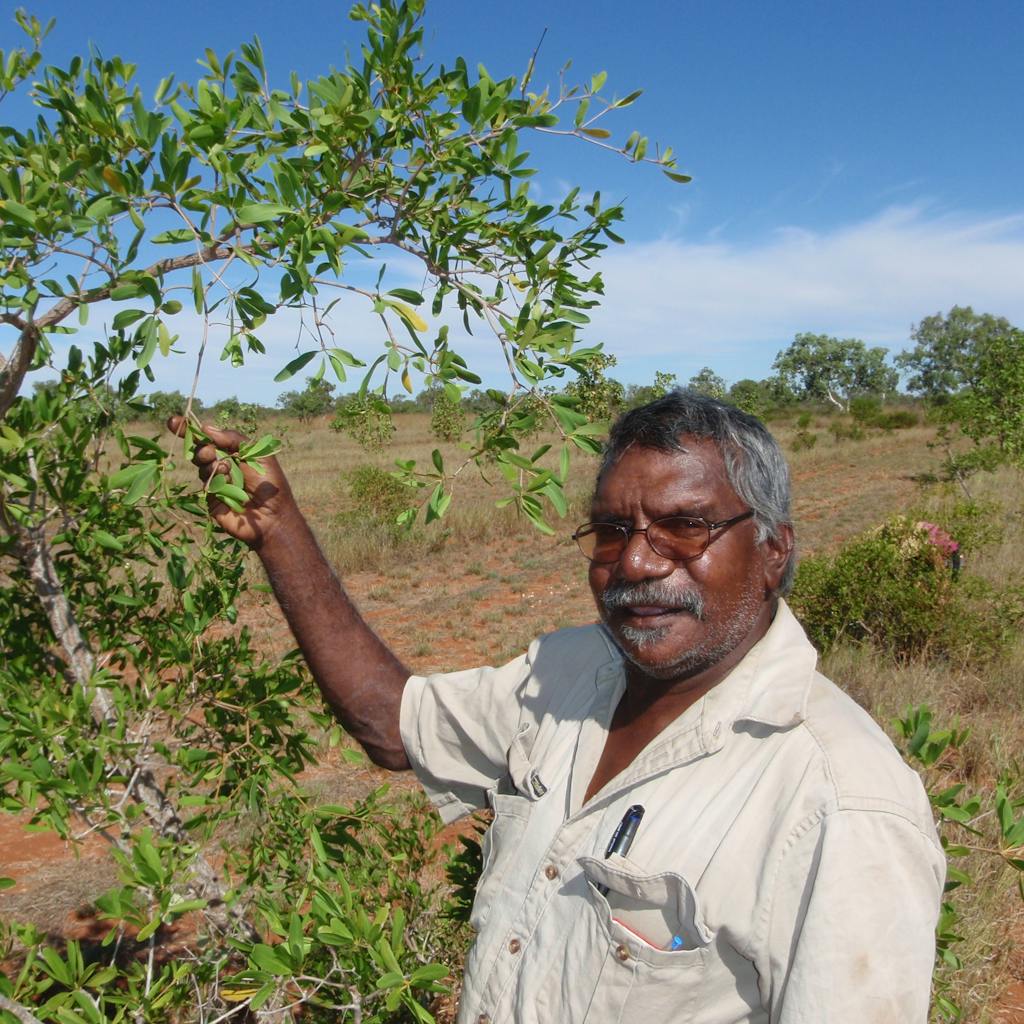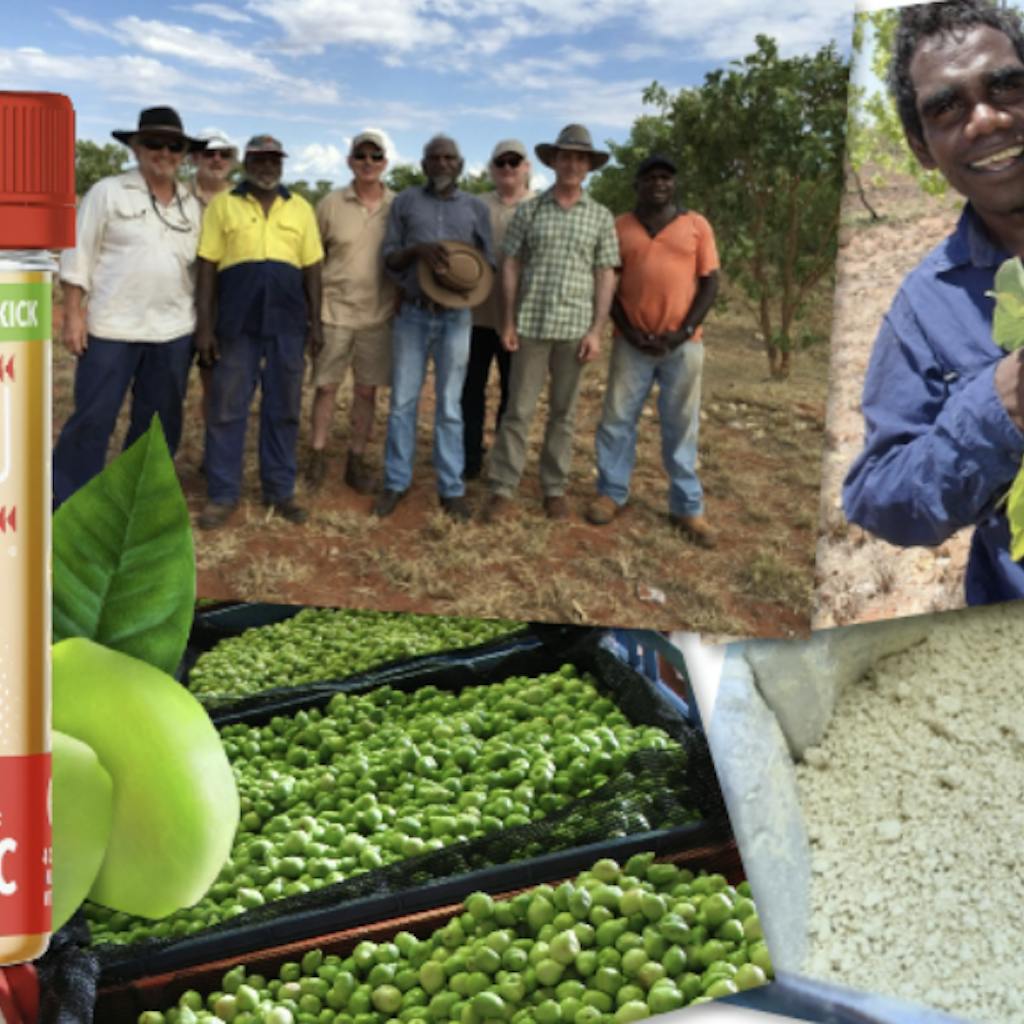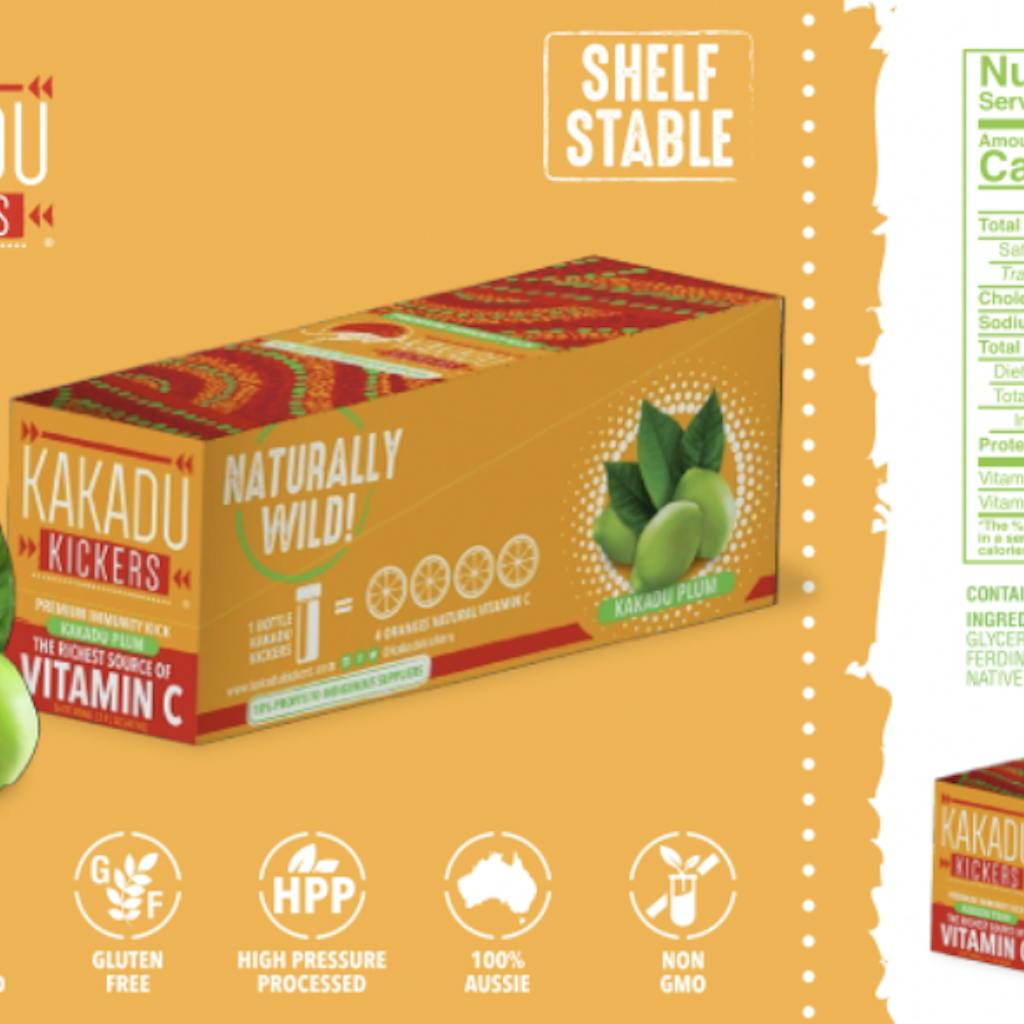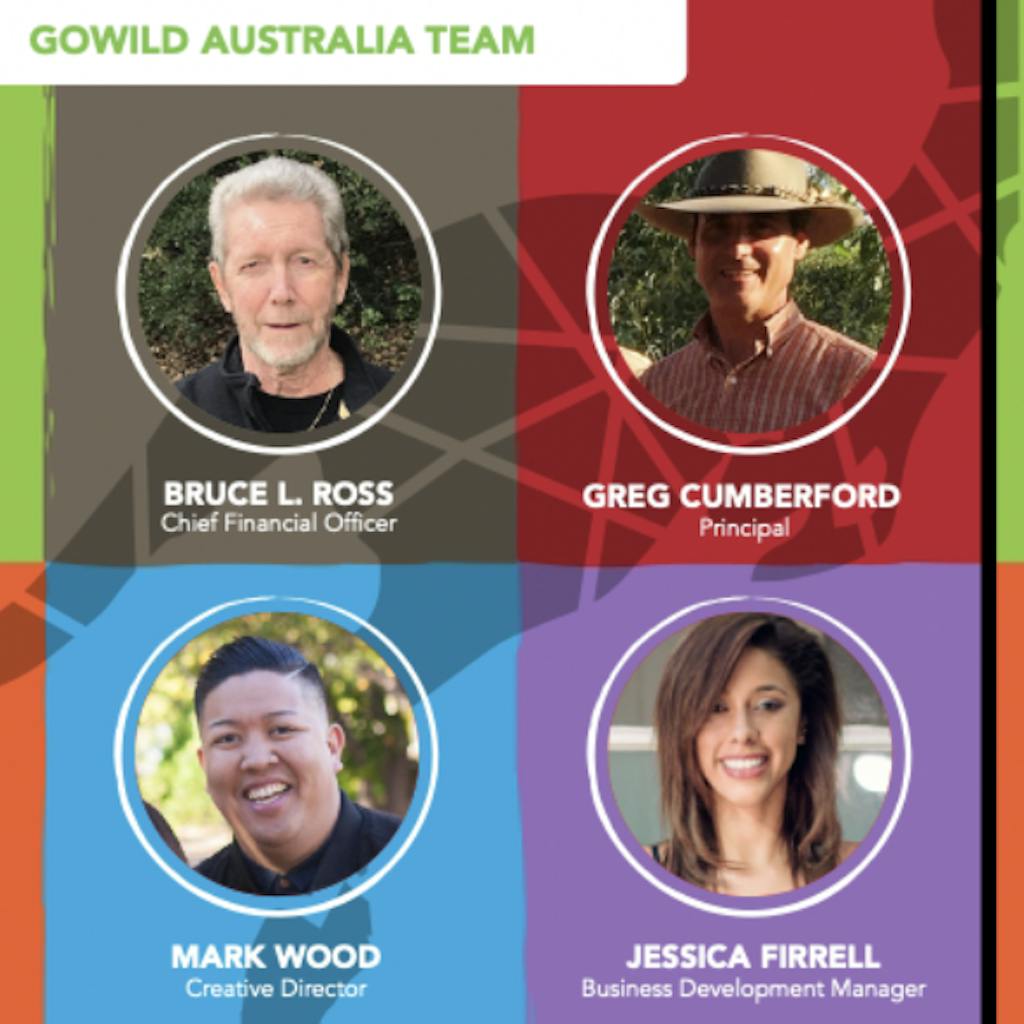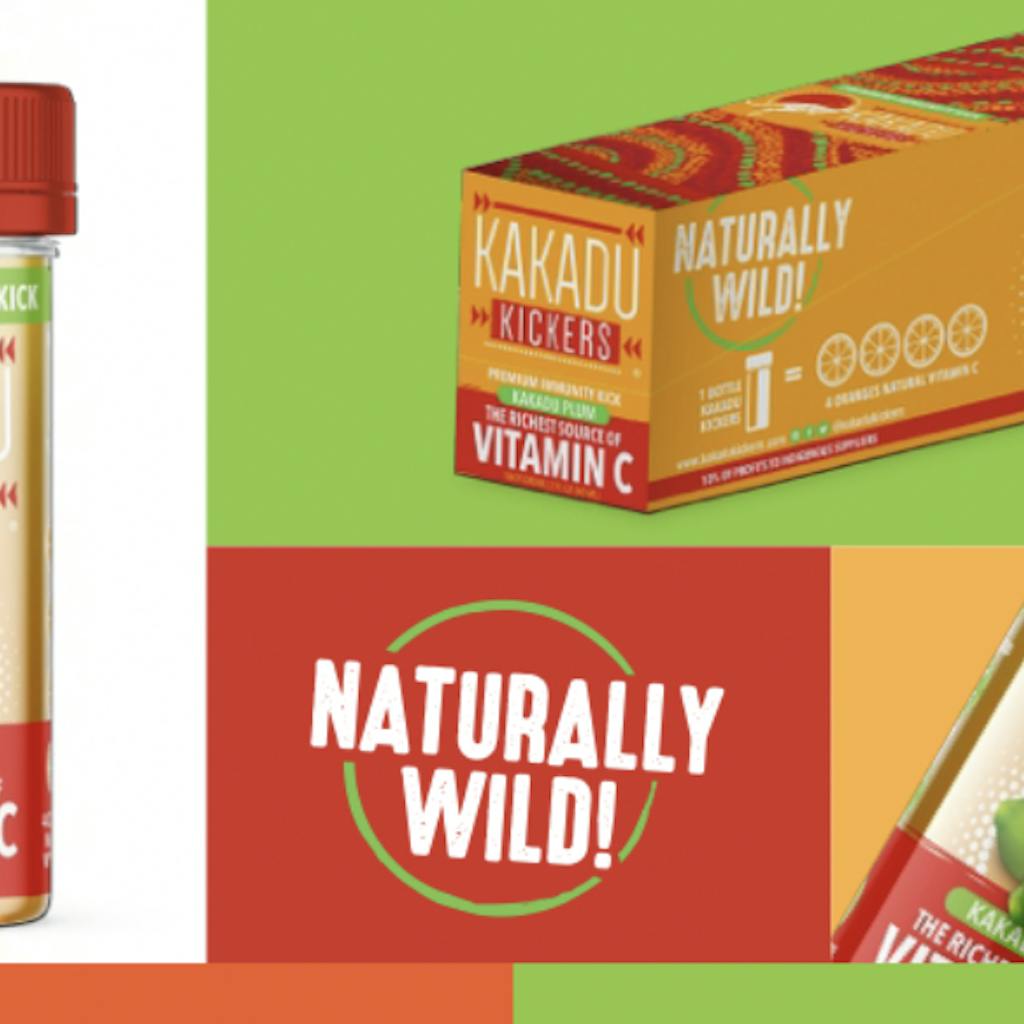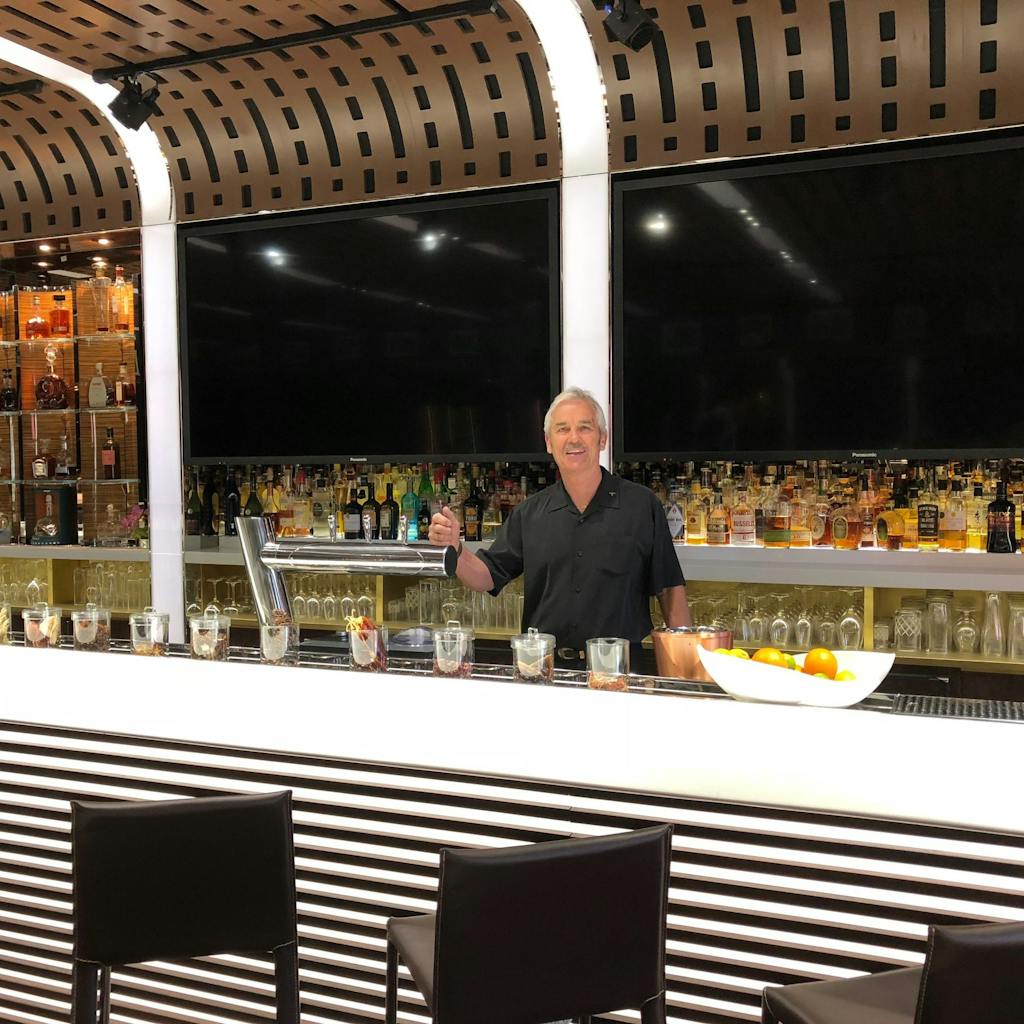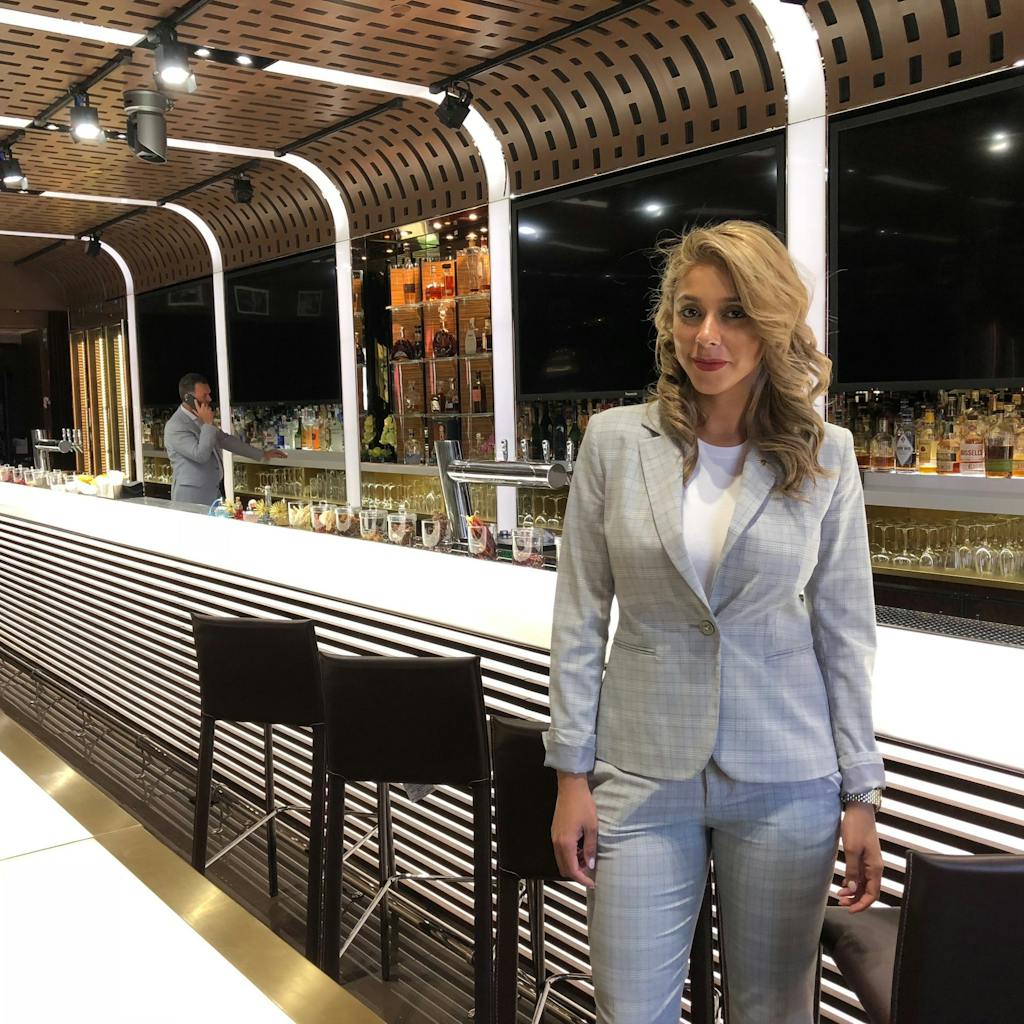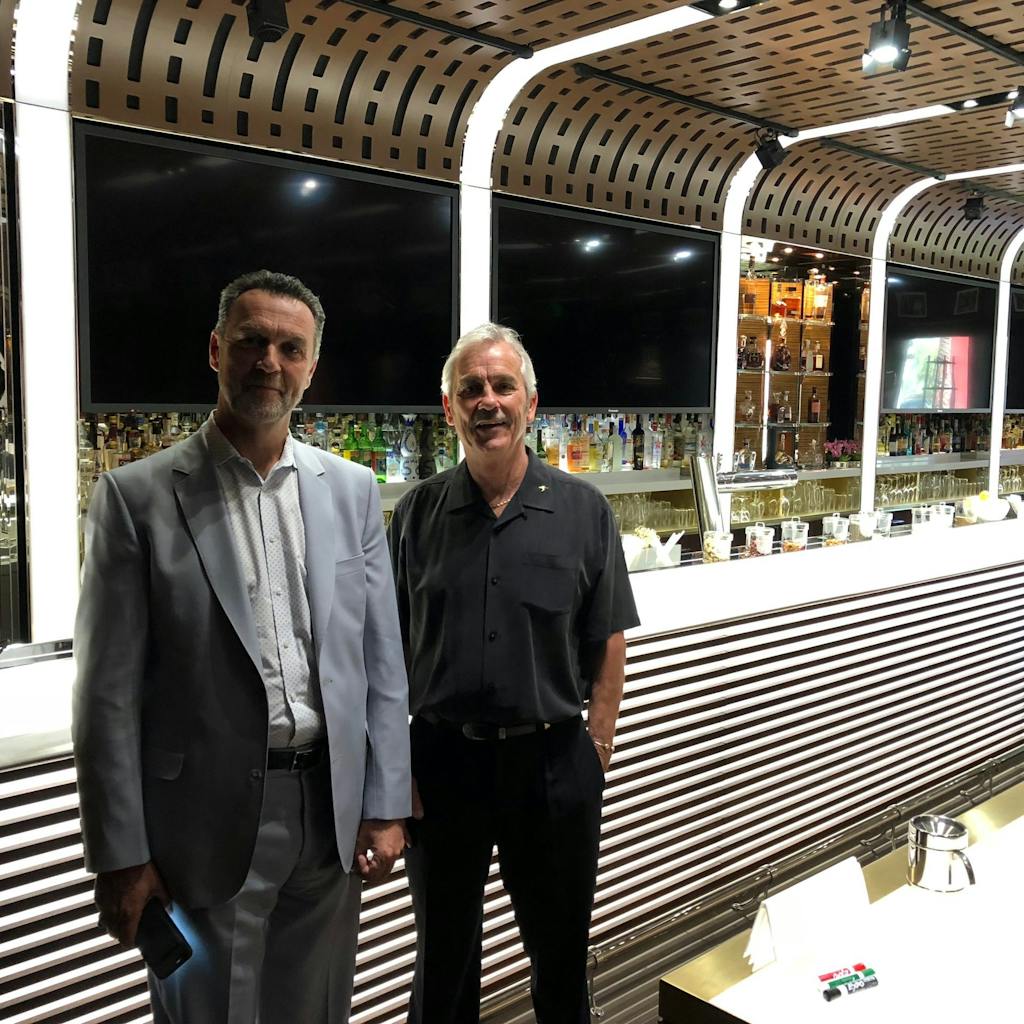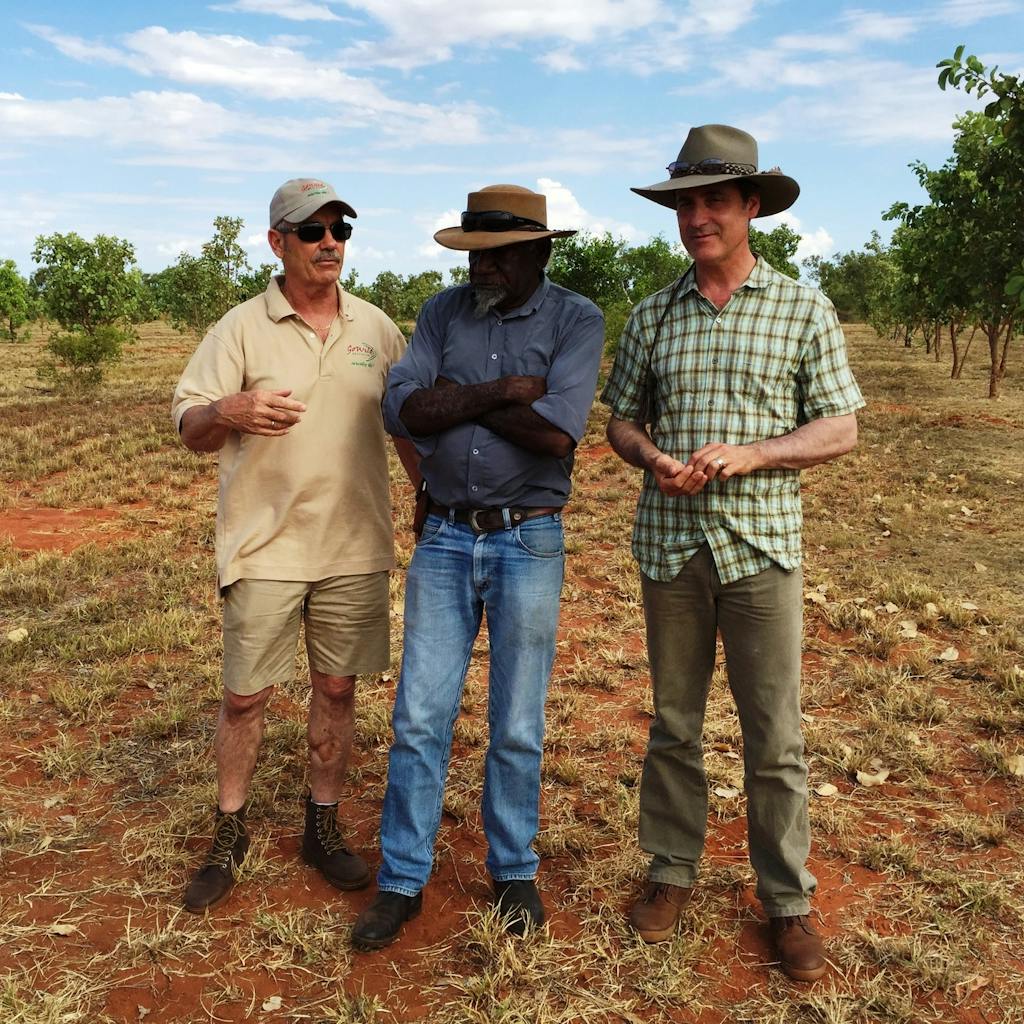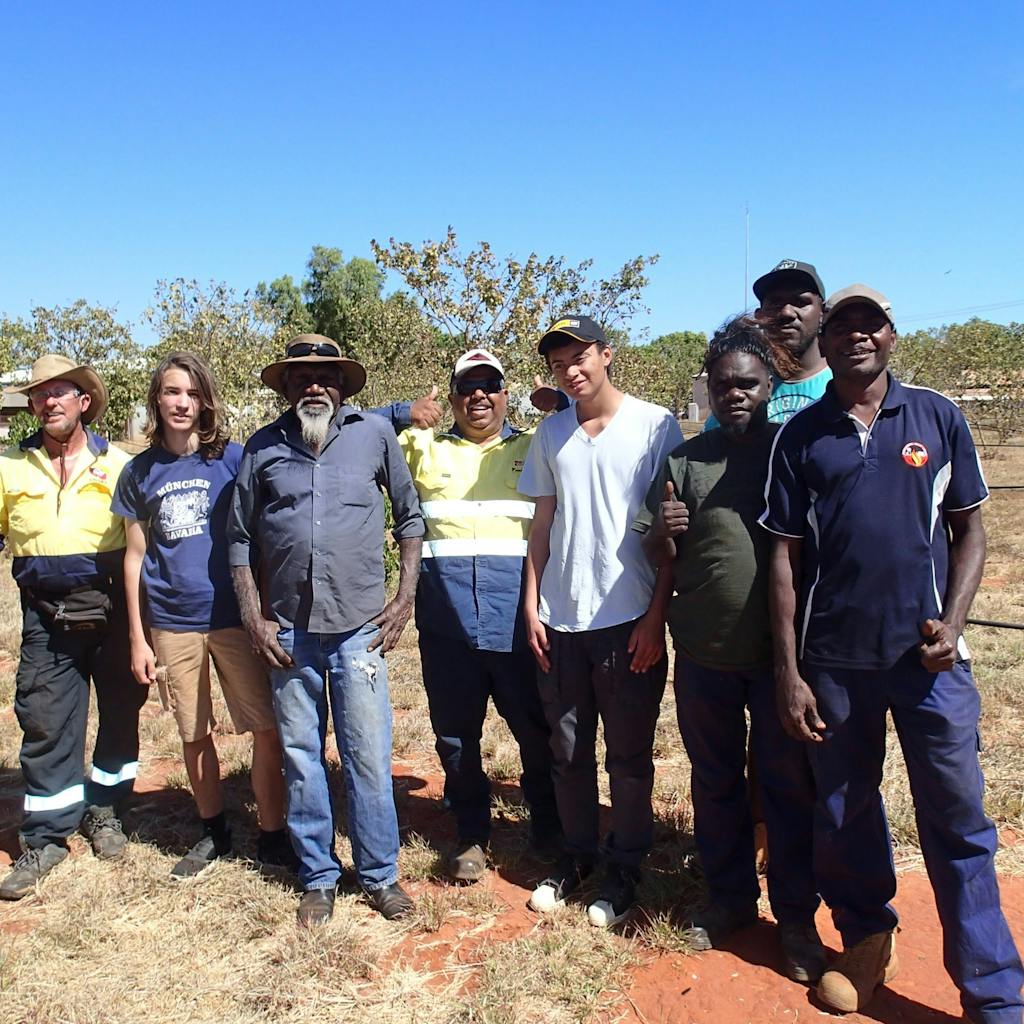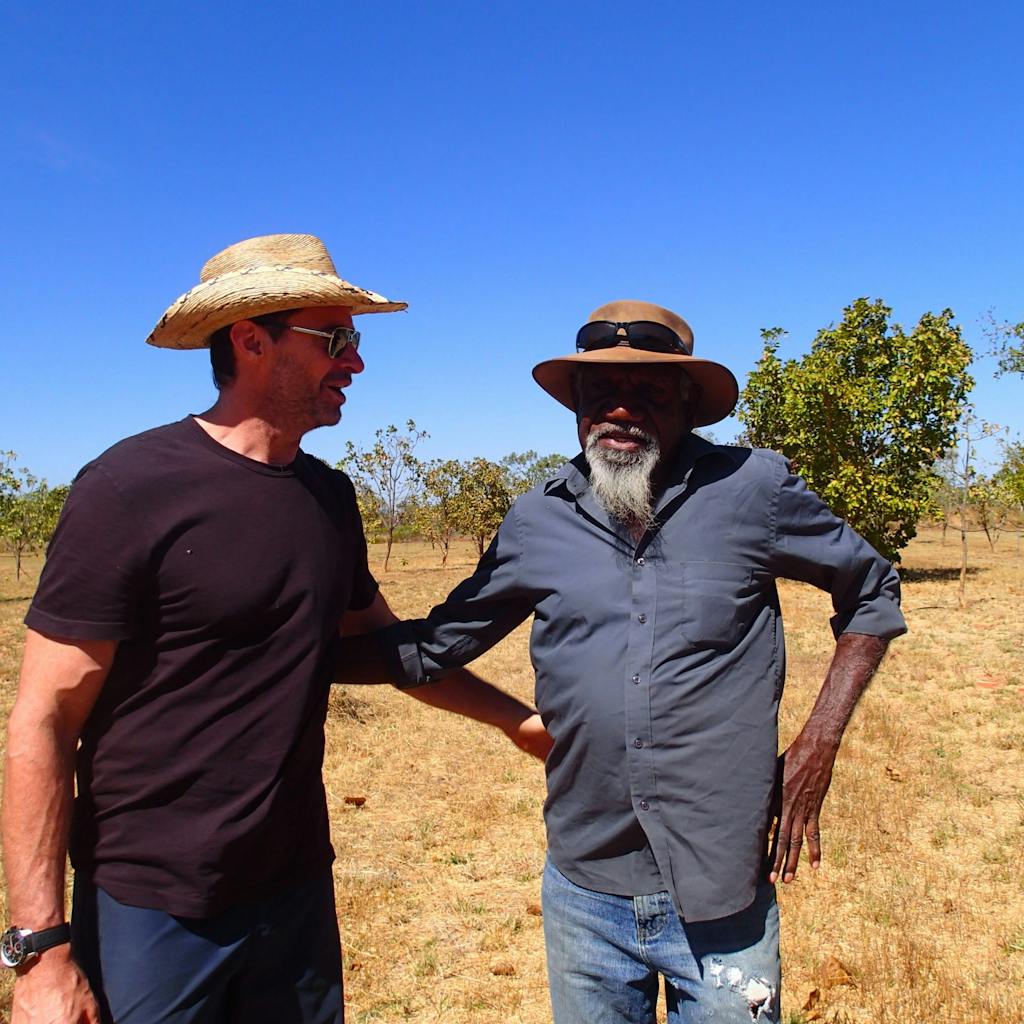Graham Firrell is a visionary entrepreneur who has carved a niche for himself in the health and wellness industry. As the founder and CEO of GoWild Australia, he has introduced the world to the Kakadu Plum (aka gubinge), a superfood native to the coastal outback of Northern and Western Australia. Under his leadership, GoWild Australia has become a global supplier of the gubinge fruit and has developed all-natural liquid extracts, whole fruit powders, and process solutions from Indigenous Australian traditions.
The ‘Koala-fications’ of the Kakadu Plum
For over 60,000 years, Indigenous Australian communities have wild-harvested and used the Kakadu Plum as a medicinal, nutritious, and tasty food source. Today, this amazing superfood is recognized not only as the world’s richest source of natural Vitamin C, but also for containing over 50 various identified nutritive compounds. GoWild Australia sources the Kakadu Plum exclusively from native communities and cooperatives across Northern and Western Australia. These communities grow and supply this special ‘super fruit’ from sustainably managed and naturally wild forests or semi-wild plantations under their direct control.
GoWild Australia’s product applications can include foods, supplements, medicinals, nutraceuticals, skin care, hair care, body care products, and beverages all made from the Kakadu Plum. Their most popular product includes Kakadu Kickers Premium Immunity Kick, a 2-ounce immune wellness drink made from the Kakadu Plum. This drink provides an extraordinary natural boost of energy and vitality for a healthy, thirst-quenching “kick-shot” with no added caffeine or sugar.
To make Kakadu Kickers, the Kakadu Plum is wild harvested, fresh-frozen, and then freeze-dried all while retaining its full nutritional benefits. The shots are made using High-Pressure Process (HPP) pasteurization for maximum shelf-stable freshness. GoWild Australia takes pride and care in how its products are developed, produced, packaged, and delivered. By drinking one simple Kakadu Kickers shot, consumers are helping preserve the biodiversity of the outback along with the culture and economic self-determination of specific Indigenous Australian communities. To give back, GoWild Australia donates 10% of GoWild’s net profits to the Aboriginal communities he works with. Firrell’s passion for creating innovative health and wellness products that give back has made him a respected leader in the consumer packaged goods industry.
Branching out from the land down under
Firrell’s entrepreneurial journey has taken him from his native Sydney, Australia to Southern California. Here he has spent the last 37 years working in various management positions in the manufacturing, importing, marketing, distribution, and sales industries. While the plum is one mighty fruit, it hasn’t been easy to bring its story to the United States. “It costs a lot of money to put a product out in America, that’s for sure. It costs a lot of money to sell a product just in your own region,” Firrell explains.
Despite facing challenges in developing this product line for the American market, he found the right platform to showcase his product and vision. Firrell discovered RangeMe, an online platform that allows suppliers to showcase their products to a wide range of buyers from major retailers. “I first heard about RangeMe through a friend. It wasn’t through an advertisement; it was purely word of mouth,” he describes. Firrell then connected with his Supplier Success Manager at RangeMe, James Baldock. “James has helped me get the word out about my brand and build my RangeMe profile.”
Firrell created a profile on RangeMe about 18 months ago and uploaded his product information, including the unique features of Kakadu Kickers, its ingredients, and the process of making it. “We wondered how can we get the news out about our story because we’re just a small operation, but we have a big story,” says Firrell. Ultimately he bumped into the RangeMe platform and quickly spent the money on a Premium subscription to get his brand RangeMe Verified™.
“Launching a brand is not easy, let alone expanding into a very competitive U.S. market from Australia. Kakadu Kickers has shown they have a truly unique product offering, and I have no doubt that they will grow rapidly here.”
Vir Satyan, SVP of Supplier Success
Words of wisdom
Within the first year of their Premium subscription, Kakadu Kickers got approached for distribution by KeHE! “We went to meet the KeHe team in person and showed off our product,” he describes. Firrell’s attention is now directed towards next steps, with a laser focus on securing funding for their upcoming venture to expand nationally. Their current quest is to connect with an investor that is a believer in naturally wild health and wellness and supports their indigenous cause-based mission. “With approval to become a formal supplier to KeHE this Fall, it couldn’t have happened without the help of RangeMe,” says Firrell.
Firrell’s words of wisdom to other entrepreneurs on RangeMe is to first become RangeMe Verified™. “If you don’t have verification and a product that is not what you say it is, you’re in trouble. This third-party evaluation helps the retailer not wonder about your product or story.”
His concluding piece of advice is to “Never give up. Never quit. Keep going. If you have a great product and you believe in it, keep going.”
A plum for the people
The issue of missing Indigenous people is a serious concern in both Australia and the United States. In Australia, it is estimated that over 4,000 Indigenous people have gone missing or been murdered since the 1960s, with many cases remaining unsolved. According to the Australian Federal Police, around 16% of all missing persons in Australia are Indigenous, despite Indigenous people making up only 3% of the population. The National Indigenous Critical Response Service also reports that Indigenous women and girls are 32 times more likely to be hospitalized due to family violence than non-Indigenous women and girls.
Similarly, in the United States, Indigenous women and girls are disproportionately affected by violence and missing person cases. According to the Urban Indian Health Institute, there were 5,712 cases of missing and murdered Indigenous women and girls reported in 2016, but only 116 of those cases were logged into a Department of Justice database. A study by the National Institute of Justice found that more than four in five Native American and Alaska Native women have experienced violence in their lifetime.
“We are committed to donating 10% of the net proceeds from the sale of Kakadu Kickers to help support Australian Indigenous Communities,” Firrell emphasizes.
For more information on what’s happening in Indigenous communities, check out these educational resources:
- ABC Journalist Suzanne Dredge Shares Her Story Of Overcoming Adversity To Become The First Head Of Indigenous News
- Kakadu Plums Clear A Path For Outback Employment
- New Report Sets The Stage For First Nations Women To Lead Response To Family And Community Violence
- Missing and Murdered Indigenous People Crisis
- ‘The Families Deserve Answers’: Inside The Crisis Of Missing And Murdered Indigenous Women


